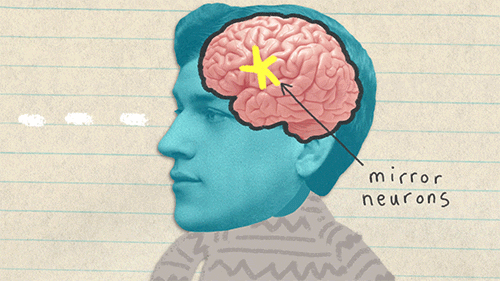Dodging spoilers on the internet is no easy task, especially if your ex is using them as a form of revenge. Many of us live in fear of reading a spoiler about our favorite TV show or an upcoming blockbuster.
But should we be working so hard to avoid spoilers? Do they actually ruin stories?
We’ve long assumed that the suspense makes a story interesting and the reason we keep on watching (or reading) is because we don’t know what happens next. Removing the element of surprise intuitively seems like it would make fiction less enjoyable.
Yet people rewatch their favorite movies all the time and read classic stories like “Romeo and Juliet,” even though they know what’s going to happen.
UC San Diego psychology professor Nicholas Christenfeld wanted to put spoilers to the test in the most straightforward way possible: by spoiling stories for people.

According to his research, spoilers should really be called “enhancers”: people consistently enjoyed spoiled stories more than unspoiled stories in experiments.
But this doesn’t mean that plot doesn’t matter.
“The plot is in some ways like a coat hanger, displaying a garment,” said Christenfeld. “If it’s just a crumpled heap of fabric on the floor, you couldn’t admire the garment.”
Knowing the ending can be useful because it allows you to focus on other aspects of the narrative (characters, themes, style, symbolism) and to more easily understand how the story is unfolding.



